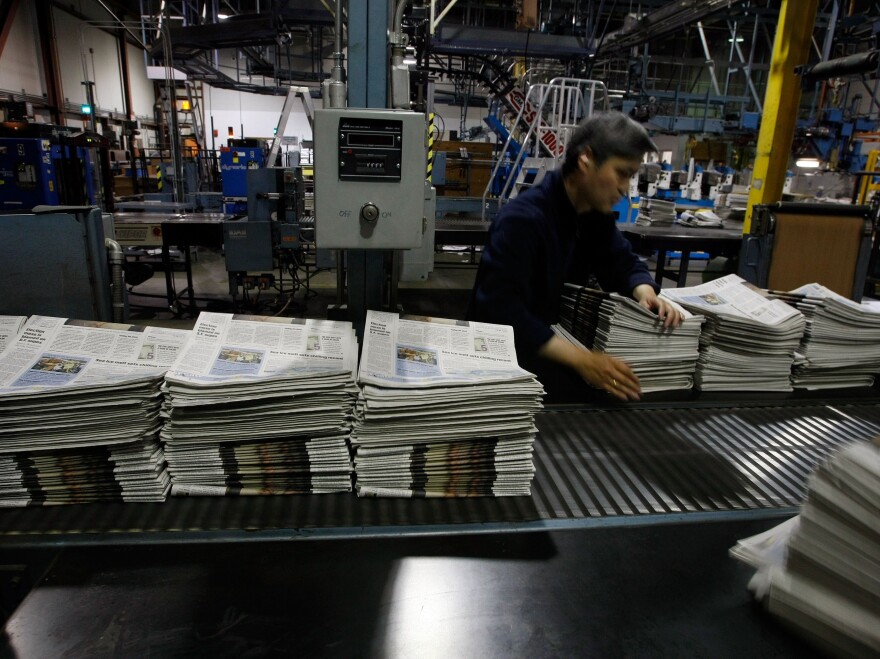The road to free information and opinions seems to run into a lot of paywalls.
Want to finish reading an article? You can, but only if you subscribe for just $1 for 3 months, which becomes $11.99 a month thereafter, and into perpetuity, until your credit card expires. Even if it's after you do.
I have a strong, even personal interest in paying journalists fairly. But the cost most people have to pay these days if they want to try to stay informed and enrich their minds with a range of opinions is pretty steep.
It's become harder to read more than an article or two in most publications, which may no longer be the word. News sites, from The New York Times and The Washington Post to The Des Moines Register, insist you subscribe. So do Ebony, The New Yorker, The Economist, Rolling Stone and opinion journals, including The Nation and National Review, and sports-reporting sites. And of course, there are proliferating newsletters and extra-access-plus plans, as news broadcasters begin their own subscription services. They don't crave an audience, so much as what they call a "customer base."
"You can't do much web grazing of quality content these days without a paywall clanging shut on you," Jack Shafer wrote last year in Politico. "What delights publishers about subscriptions is what everybody from Amazon to Spotify to the Dollar Shave Club to Netflix love — the annuity-like reliability of steady revenue."
But the cost of inducing people to subscribe is to make news, information and a range of opinions available to only those who have the means to afford and receive them online. This skews the audience toward what Nikki Usher, a University of Illinois College of Media associate professor, calls the "rich, white, and blue," as in left-leaning.
The political and social divides, which so many decry, may begin between those who can and those who can't afford access to a wide range of fact-checked, accurate information.
Disinformation, of course, is utterly free.
Newspapers and magazines often got ink on your fingers. But they were cheap. Anyone with pocket change, rich, poor, students or job-seekers, could buy a copy of a magazine with Princess Diana or Oprah Winfrey on the cover or a newspaper when the headline said MAN WALKS ON MOON, or, yes, HEADLESS BODY IN TOPLESS BAR.
The internet has made news and views of all kinds, from all over the world, available on screens we can keep in our pockets. But so many paywalls have pulled costly shades over those screens.
Copyright 2022 NPR. To see more, visit https://www.npr.org.



